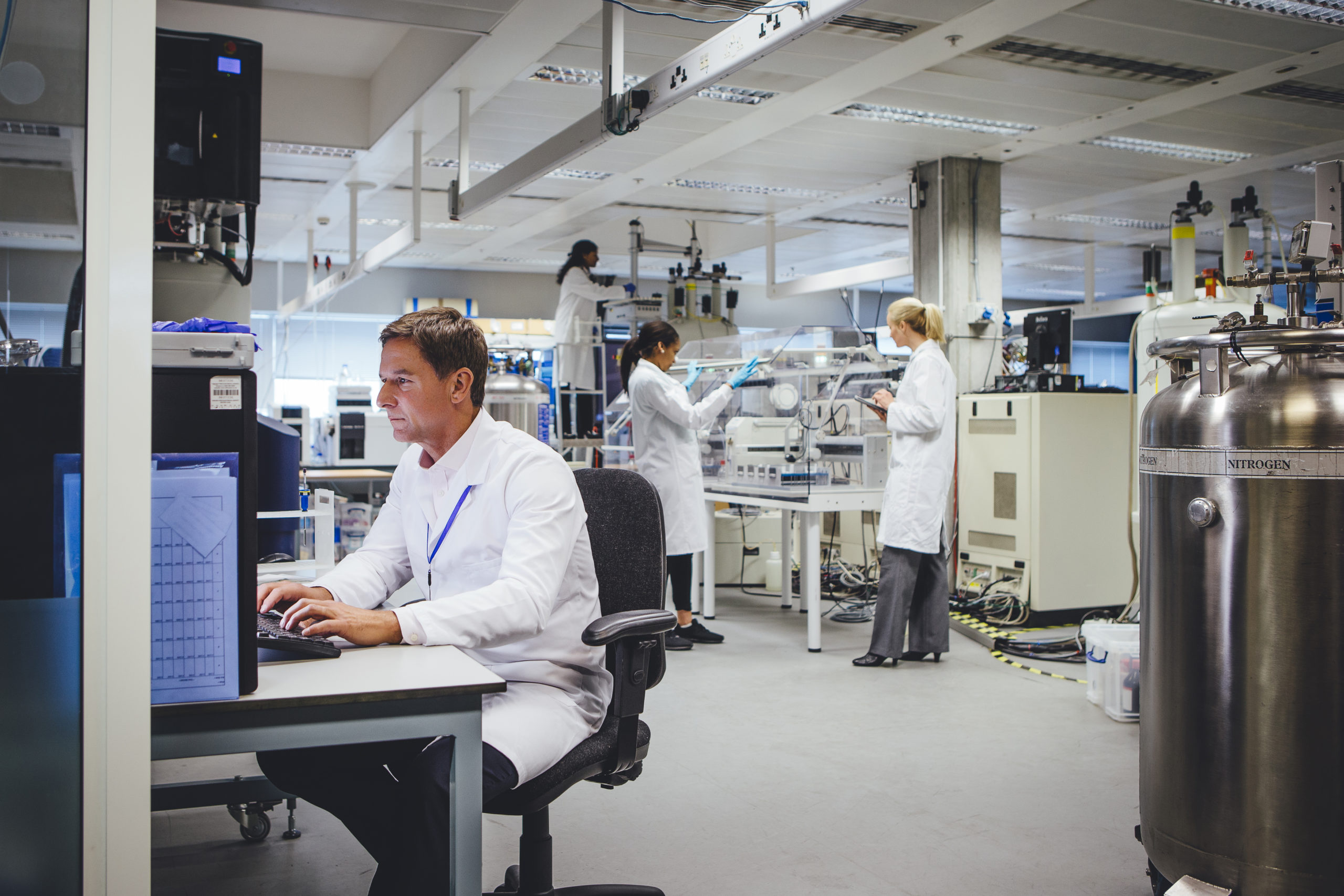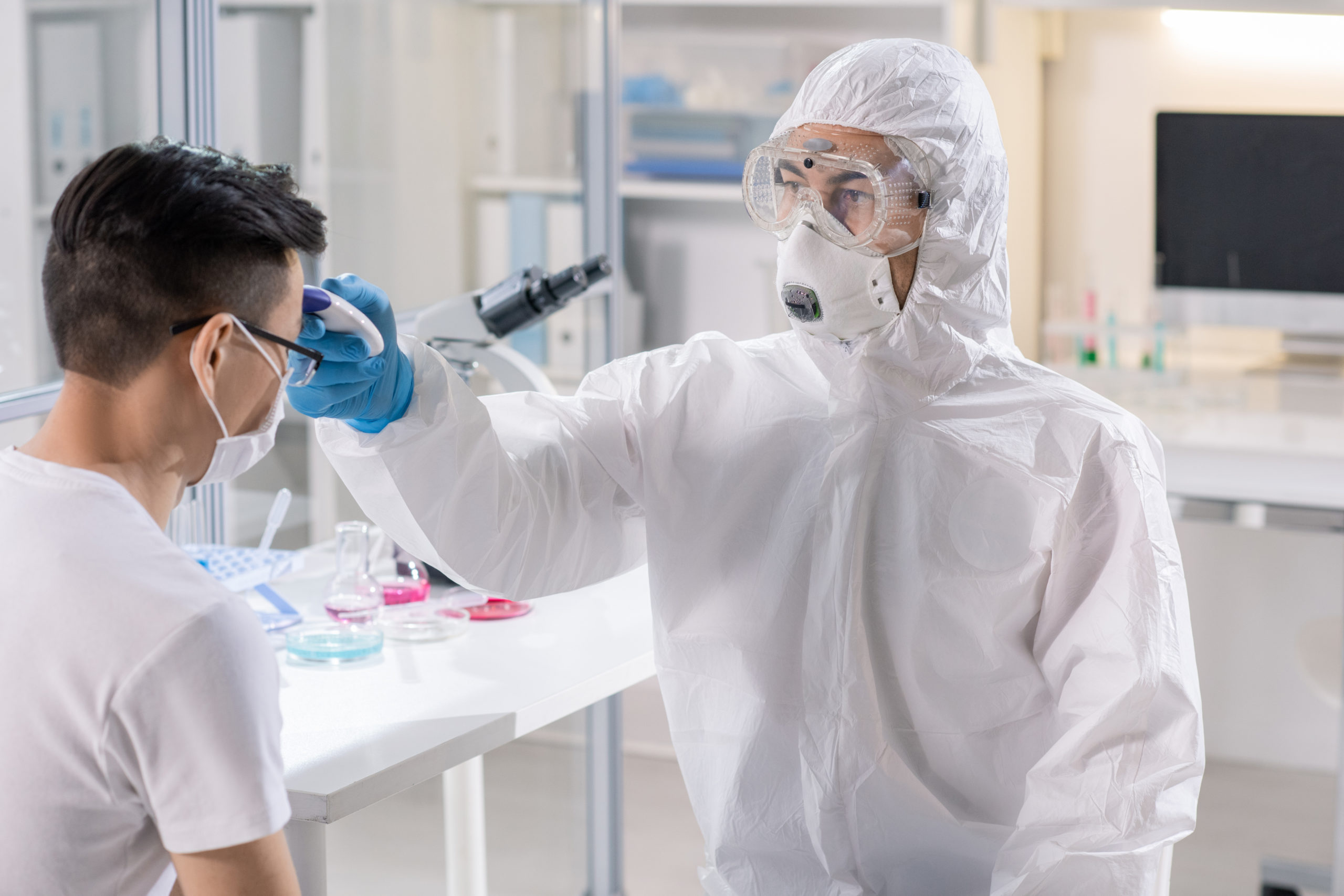Research Australia’s 2022-23 Pre Budget Submission acknowledges the COVID-19 pandemic has had an enormous toll on the Australian community and globally, but also recognises that as a consequence of the way Australian governments and the community have responded, the impact in Australia has been comparatively mild.
Australia’s response to COVID-19 has been so broad and deep because of previous investments in the nation’s research and innovation capacity. This capacity, and the funding that underpins it, cannot be taken for granted. There is no guarantee that Australia’s health and medical research and innovation community will be equally well placed to respond to a future pandemic.
Research Australia’s submission makes the case for why maintaining and expanding this existing capacity for health and medical research and innovation is in the national interest.
In addition to raising national prosperity and diversifying our economy, smarter investment in health and medical research and innovation can improve the effectiveness of our health system; constraining the rise in health costs that accompany an ageing population. It can also provide a sustainable pathway to addressing modern lifestyle factors such as obesity. Smarter investment also drives skilled employment in vibrant new pharmaceutical, medical device and biotechnology industries.
Research Australia is advocating for an overarching national health and medical research strategy which ensures smarter, coordinated, strategic public investment in all stages of research; maximises impact on national priorities such as burden of disease, and the stronger translation of evidence-based research into healthcare delivery; and exploits areas of international competitive advantage. Imagining and preparing for the Australia we want in 50 years’ time has to start today.
Research Australia’ s submission is available here.









